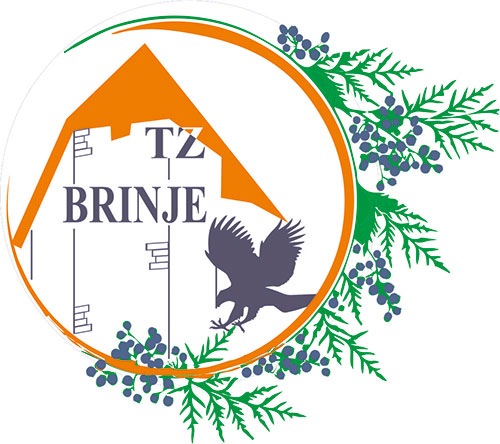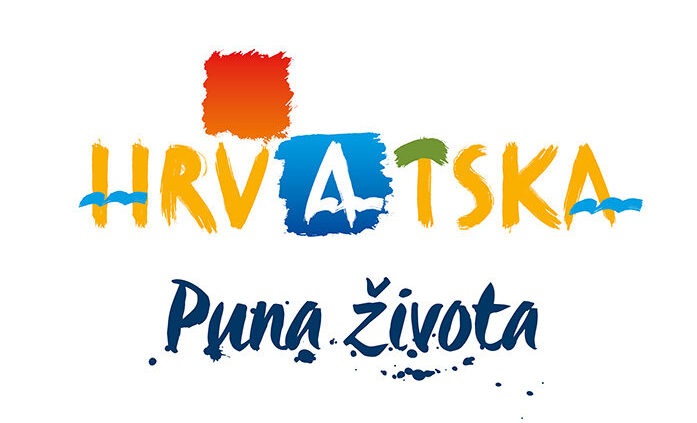Rokina bezdana
Rokina bezdana, which is located near Jezerane, between Mala and Velika Kapela, is one of the favourite speleological locations and karst phenomena, well known among speleologists. This pit cave, 100-110 m deep, whose entrance point is quite large – 22 x 12 metres, is the entrance to the mystical and numerous underground water canals, which together form the largest subterranean river in Croatia. For decades various legends about Rokina cave, Rokinka or Rokača were told, where the story closest to the truth is the sad story of Roka, the old woman who ended her life in it. On the surface, next to the entrance, you can hear the thunderous rumble of water flowing deep under the ground.
Unlike the old woman Roka, there is indeed a living world in the dark depths. Hidden from view and sun light, inhabiting Rokina bezdana are endemic types of the Proteus, “human fish”, freshwater sponges and blind cave crayfish.
Rokina bezdana has been the subject of research since the early 1960s and to this day continues to intrigue.
Visiting the cave is not allowed without the supervision of a speleologist.
Siničić cave
South of Brinje near Letinac, there is another extraordinary and mysterious site, the Siničić cave. It is a unique and extremely important prehistoric site in which, presumably, lived Palaeolithic hunters 9,500 years before Christ. Evidence of this are the pictures on the cave walls, and the pictorial leptolical images 550 meters from the entrance, which have not yet been deciphered. The only pictorial letter sheet in Croatia was discovered in 1997, and scientists have tried to decipher it several times. Some theories say that Germanic runic inscriptions actually represent an ancient lunar calendar dating back as far as 11,500 years ago, while the incised crosses suggest a Mesolithic temple from the 15th century. Behind the entrance to the cave there is a spacious hall with the first siphon lake which in the spring, due to heavy rainfall, overflows and springs out of the cave in the form of waterfalls. In the cave, various ceramic objects and animal bones were found, because of which it is assumed that this is one of the earliest evidence yet of the settlement in the region of Lika and beyond. The Siničić cave is a protected cultural property which still hides its secrets and represents a lure for all the lovers of history and unsolved mystery.
Visiting the cave is not allowed without the supervision of a speleologist.


































